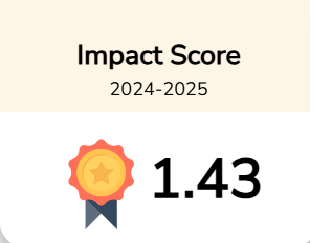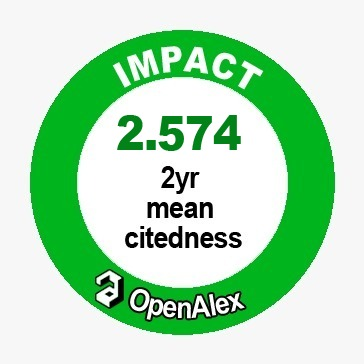Concept maps: A creative tool in university pedagogy
Downloads
Purpose: The aim of this study was to demonstrate the value of concept maps in the development of nursing students' learning.
Design/Methodology/Approach: We opted for the quantitative-descriptive approach. The research targeted 221 students on placement at the My Youssef Regional Hospital in Casablanca-Settat during the 2019 academic year. We then developed a learning test to determine the type of learning before the educational intervention and after the intervention.
Findings: This study showed that the level of learning before the pedagogical intervention was mainly surface learning (59.28%), while those who had strategic learning (9.95%) and those who had deep learning (30.77%). This shows the supremacy of the first type of learning. But after the intervention, the percentage of those with surface learning was only (28.05%), the percentage of those with strategic learning was (6.79%), and on the other hand, the percentage of those with deep learning was (65.16%).
Conclusion: This suggests that concept maps positively influence nursing students' learning approaches, promoting deeper understanding and engagement.
Practical Implications and Contribution to Literature: This study shows that the use of concept maps by student nurses as a learning tool influences their learning strategies, moving from surface learning to strategic and in-depth learning.





